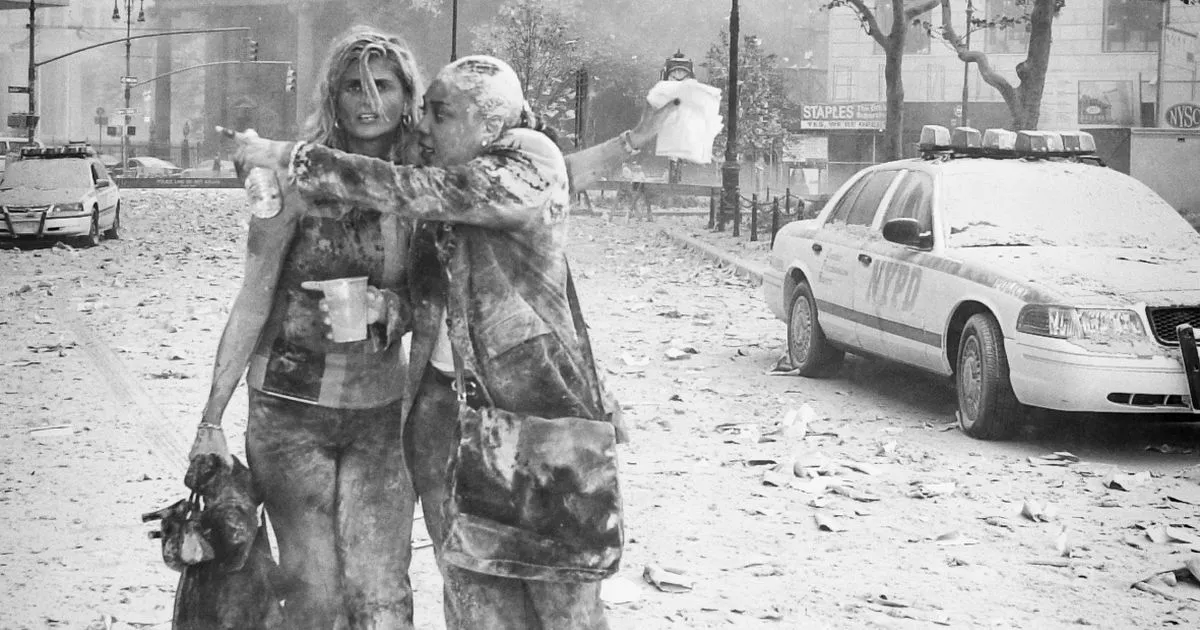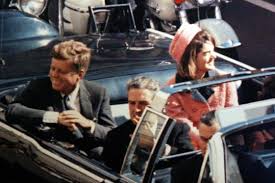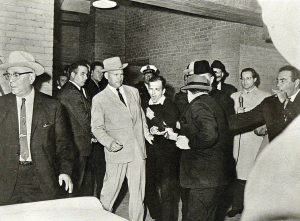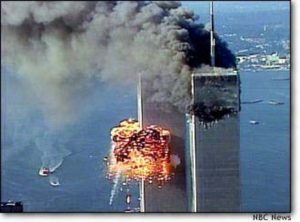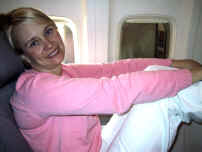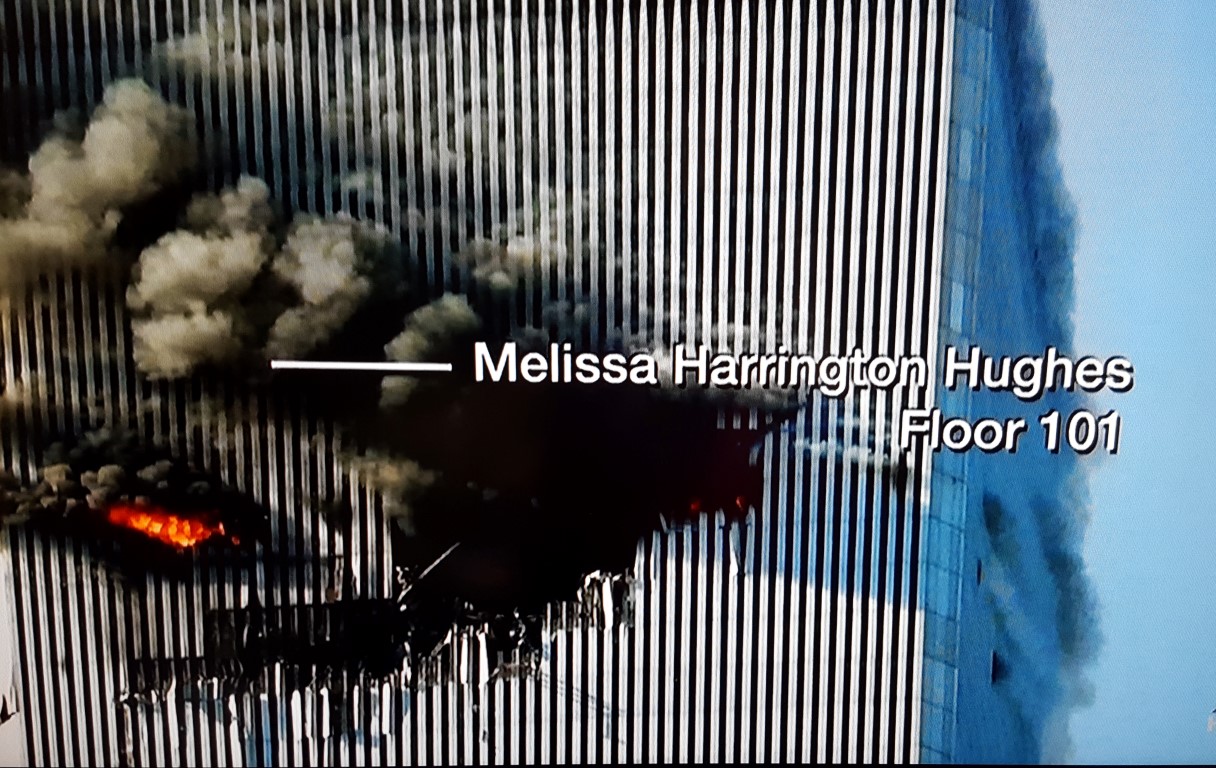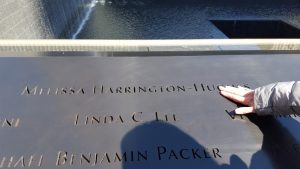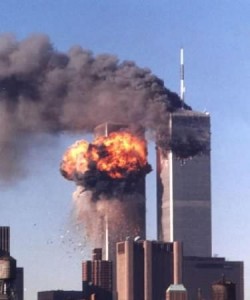 It’s been twenty-two years since “that day”. September 11 is a date that remains indelibly imprinted in the minds of those of us who watched it unfold. I can still remember almost every minute of “that day” – watching the aftermath of the first plane crash and listening to the TV announcers speculate that it was an errant private plane. Shortly, of course, we knew it wasn’t an errant plane, but a deliberate attack. It is still difficult to think about the people who perished that day – people who left home for work on a bright, blue-sky Tuesday morning and never returned. The very notion of that was – is – frightening. I don’t think we can collectively sleep quite as soundly ever again. We learned on “that day” that there are people in the world who wish us harm. My brothers and I grew up benefiting from the goodwill America garnered from the Second World War. The notion of being hated was unthinkable. But September 11 showed us that we can no longer assume that we are perceived as the “world’s good guys”. Now we live in the shadow of “that day” and the impact it has on us continues, especially when we travel. Before September 11 we could book a flight at the last minute, run through the airport to our gate, and hope the door didn’t hit us on the rear as we boarded our flight. Now we have to get to the airport hours early, remove our shoes as we enter a security check, and limit the amount of shampoo we carry.
It’s been twenty-two years since “that day”. September 11 is a date that remains indelibly imprinted in the minds of those of us who watched it unfold. I can still remember almost every minute of “that day” – watching the aftermath of the first plane crash and listening to the TV announcers speculate that it was an errant private plane. Shortly, of course, we knew it wasn’t an errant plane, but a deliberate attack. It is still difficult to think about the people who perished that day – people who left home for work on a bright, blue-sky Tuesday morning and never returned. The very notion of that was – is – frightening. I don’t think we can collectively sleep quite as soundly ever again. We learned on “that day” that there are people in the world who wish us harm. My brothers and I grew up benefiting from the goodwill America garnered from the Second World War. The notion of being hated was unthinkable. But September 11 showed us that we can no longer assume that we are perceived as the “world’s good guys”. Now we live in the shadow of “that day” and the impact it has on us continues, especially when we travel. Before September 11 we could book a flight at the last minute, run through the airport to our gate, and hope the door didn’t hit us on the rear as we boarded our flight. Now we have to get to the airport hours early, remove our shoes as we enter a security check, and limit the amount of shampoo we carry.
Socially, it brought on a lot of change too. In fact, I’m not sure we yet fully understand the toll that it took on us. Surely our national mindset was altered after watching all of the carnage and grief of “that day”. In the immediate aftermath of September 11 we managed to put our differences aside, but that fraternity has since dissipated. Contentious elections, warring political extremes and social media have altered how we behave. The COVID-19 pandemic placed even more strain on our psyche, and it shows no sign of abating. Just this morning I read about people arguing over vaccines and mask mandates at a local forum.
 As someone who recently experienced loss, I have a new appreciation for all of the September 11 families, who, without warning, lost a loved one on “that day”. None of us can truly understand the void they were left with when their loved one perished so suddenly and in such a violent manner. But I do know this: we all suffer some residual grief from those attacks. The losses and changes from the pandemic have only added to it. So many people now are short-tempered and it’s showing up in our everyday encounters. Last week the local news reported that 81% of Arizonans have been the recipient of road rage. That is a huge number, but based on my personal observation I suspect it is correct.
As someone who recently experienced loss, I have a new appreciation for all of the September 11 families, who, without warning, lost a loved one on “that day”. None of us can truly understand the void they were left with when their loved one perished so suddenly and in such a violent manner. But I do know this: we all suffer some residual grief from those attacks. The losses and changes from the pandemic have only added to it. So many people now are short-tempered and it’s showing up in our everyday encounters. Last week the local news reported that 81% of Arizonans have been the recipient of road rage. That is a huge number, but based on my personal observation I suspect it is correct.
Lifting a middle finger on our roadways, or getting angry at a store clerk, or making demeaning comments on social media is not a sustainable construct for our society. So, what do we do? I don’t think we throw up our hands and say it’s too large of a problem to solve. My suggestion is we each try to make a small dent in the problem. If we acknowledge that we all have all experienced trauma since “that day”, then we should treat everyone we meet as we treat someone in grief: with kindness.
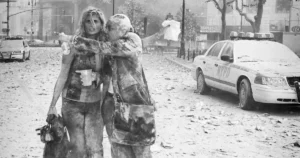 Today the National September 11 Memorial and Museum is airing a documentary featuring first-person accounts of the attacks and their aftermath. One of the survivors said in her interview, “It’s important that we remember the kindness, and that we take care of ourselves and other people, as we did that day.”
Today the National September 11 Memorial and Museum is airing a documentary featuring first-person accounts of the attacks and their aftermath. One of the survivors said in her interview, “It’s important that we remember the kindness, and that we take care of ourselves and other people, as we did that day.”
Kindness. What a wonderful legacy of “that day”.
